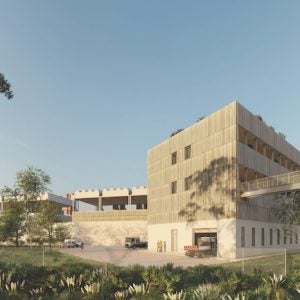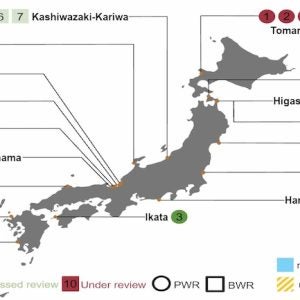One striking feature of the extraordinary transition we are currently seeing in the power industry is a significant increase in the importance of the DSO (distribution system operator). Distributed generation, electric vehicles, prosumers, smart grids, all connect to the DSO, which is emerging as a key agent of change and which in turn is having to evolve to take on a new role.
Eurelectic estimates that the European electricity distribution grid is managed by around 2400 DSOs of different sizes and governance structures, and notes that as a “neutral market facilitator”, the business model of DSOs is moving from “pipes-based” to “platform-based”, while “more and more relevant topics for DSOs are popping up at EU level.”
The transformation is redrawing boundaries and redefining relationships between customers and utilities, says Eurelectric. Customers will gain more control over their energy use and benefit from additional services. System operators need access to new tools to manage their grids more efficiently and integrate increasing amounts of variable renewables into the system. Interaction between intelligent appliances, smart grids and home platforms – mediated by or on behalf of customer – will usher in a new era, Eurelectric believes. The transformation of the business model from pipes to platform is needed to “meet the expectations of customers and to bring all market parties efficiently together.” This requires current revenue models and tariff structures to be reviewed, and the adoption of new operating and planning techniques, tools and ICT systems, collectively referred to as “active distribution system management.”
New roles for the DSO include managing storage and EV charging infrastructure and managing the flexibility market, while maintaining high-quality reliable service and defending against threats including those arising from cybersecurity issues. There is also a need to create a level playing field for microgrids, suppliers, aggregators and other stakeholders.
Throughout the next decade, the implementation of the recently adopted EU Clean Energy Package and the electrification agenda will “upend the interactions in terms of trade, services, assets generation and customer environment” and “these vibrant developments will increase by leaps and bounds the need for distribution system operators to revolutionise themselves, developing new competencies. While continuing to ensure network connection and reliability, DSOs will have to define ways to integrate decentralised renewables, provide electricity for increasingly electric transport and heating sectors, and manage congestions.”
Reflecting the new central role of DSOs at EU level, the Clean Energy Package calls for a new European association for DSOs to be established, the so called “EU DSO Entity”, which is to be fully up and running by early 2021. The new body was the subject of an information session at Eurelectric’s May 2019 power summit in Florence, where the “clear benefits of this entity for DSOs’ business as well as for all the stakeholders of the energy sector” were spelt out. The EU DSO Entity is described as a “body of co-operation” between DSOs at the European level “working for the common European interest and which shall not represent a particular interest nor seek to influence the decision making process to defend certain interests” and an “expert entity open to all electricity distribution system operators, irrespective of size and type.” Key tasks will include: co-operation with transmission system operators on the operation and planning of DSO networks; participation in the drawing up of network codes and guidelines; facilitating the integration of renewables, including storage; facilitating demand side flexibility and users access to markets; digitalising DSO systems (smart grids and smart meters); and supporting the development of data management, cybersecurity and data protection.






